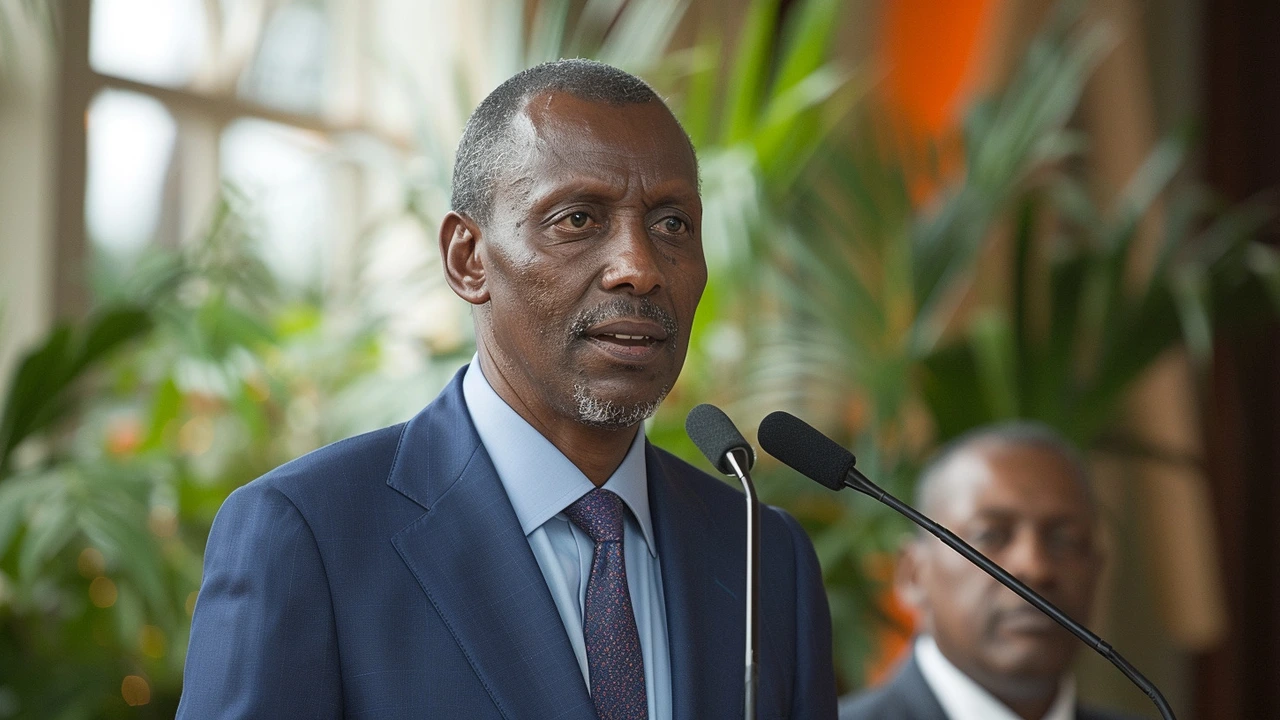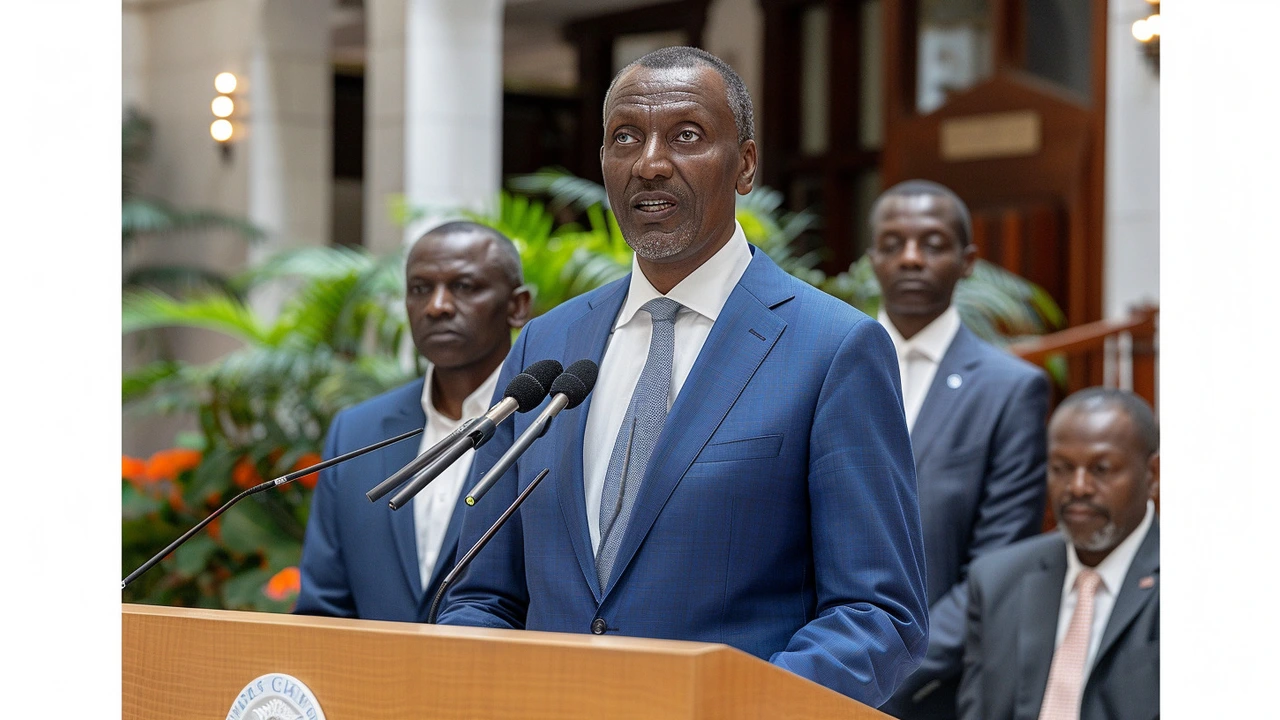President William Ruto's Comprehensive Austerity Plan
In a bold move aimed at rectifying the country's fiscal imbalances, President William Ruto has announced a sweeping austerity plan that will see the dissolution of 47 state corporations. This measure is part of a broader strategy to cut costs and streamline government operations, eliminating redundant functions that have long strained the national budget. The step is seen as a decisive response to the recent economic pressures and the widespread protests sparked by the withdrawal of the Finance Bill 2024.
The Impact of State Corporations Dissolution
The announcement marks a significant shift in the government's approach to fiscal management. By dissolving these corporations, the administration aims to eliminate overlapping duties and reduce inefficiencies. Each of the 47 corporations has been scrutinized for their redundancy and inefficiencies, leading to the decision for their closure. The move is expected to save the government a substantial amount of money which can be redirected towards more critical sectors like healthcare, education, and infrastructure development.
Reduction in Government Advisors and Expenditures
Among the measures announced is a 50% reduction in the number of government advisors. This cutback is expected to streamline decision-making processes and reduce the bureaucracy that often hampers effective governance. Furthermore, the plan bans public servants from participating in the widely criticized Harambees, community fundraising events that have been accused of fostering corruption and financial mismanagement.

Austerity Extends to Government Officials' Personal Offices
In addition to dissolving state corporations, the President has also called for the abolition of offices maintained by the spouses of the President, Deputy President, and Prime Cabinet Secretary. This move is intended to demonstrate the government's commitment to austerity at all levels, ensuring that even those in high office are subject to spending cuts. The halt on the purchase of new motor vehicles for a year further underscores the intention to tighten the government's financial belt.
Suspension of Non-Essential Travel
Another critical component of the austerity plan is a comprehensive ban on non-essential travel for state and public officers. This measure is expected to save substantial amounts of public funds usually spent on travel-related expenses, allowing the government to allocate those resources to more pressing needs. It also highlights the administration’s dedication to cutting down on unnecessary spending at all levels of government.
The Role of the Attorney General in Implementing Austerity Measures
To ensure these measures are effectively enacted and legally sound, President Ruto has instructed the Attorney General to prepare and submit the necessary legislation. This step aims to provide a legal framework that will reinforce these policies, making sure they are implemented consistently across all government sectors. Incorporating these measures into law will also make them more difficult to undo by future administrations, ensuring long-term fiscal discipline.

Taskforce to Audit Public Debt
A taskforce led by Nancy Onyango has been commissioned to audit the nation's public debt. This audit will be critical in understanding the full extent of the fiscal challenges facing the country. With a report expected within three months, the findings will be key to shaping future economic policies and identifying areas where additional cost-saving measures can be implemented. The taskforce’s role underscores the government's commitment to transparency and accountability in managing public funds.
Public Reaction and Long-term Implications
The public and various stakeholders have reacted with a mix of skepticism and cautious optimism. While some commend the government for taking decisive action to address fiscal woes, others worry about the potential job losses and economic impact of dissolving state corporations. The long-term success of these measures will depend significantly on their implementation and the ability to manage the transition smoothly. As the government moves forward with these austerity measures, it will need to balance fiscal prudence with the need to maintain public trust and protect vulnerable populations from the adverse effects of cost-cutting.
In conclusion, President William Ruto's announcement marks a watershed moment in the country's fiscal policy. By taking unprecedented steps to dissolve state corporations, reduce government advisors, and enforce strict spending measures, the administration aims to address fiscal challenges head-on. The coming months will be crucial in determining the effectiveness and impact of these measures on the country's economic and social landscape.
